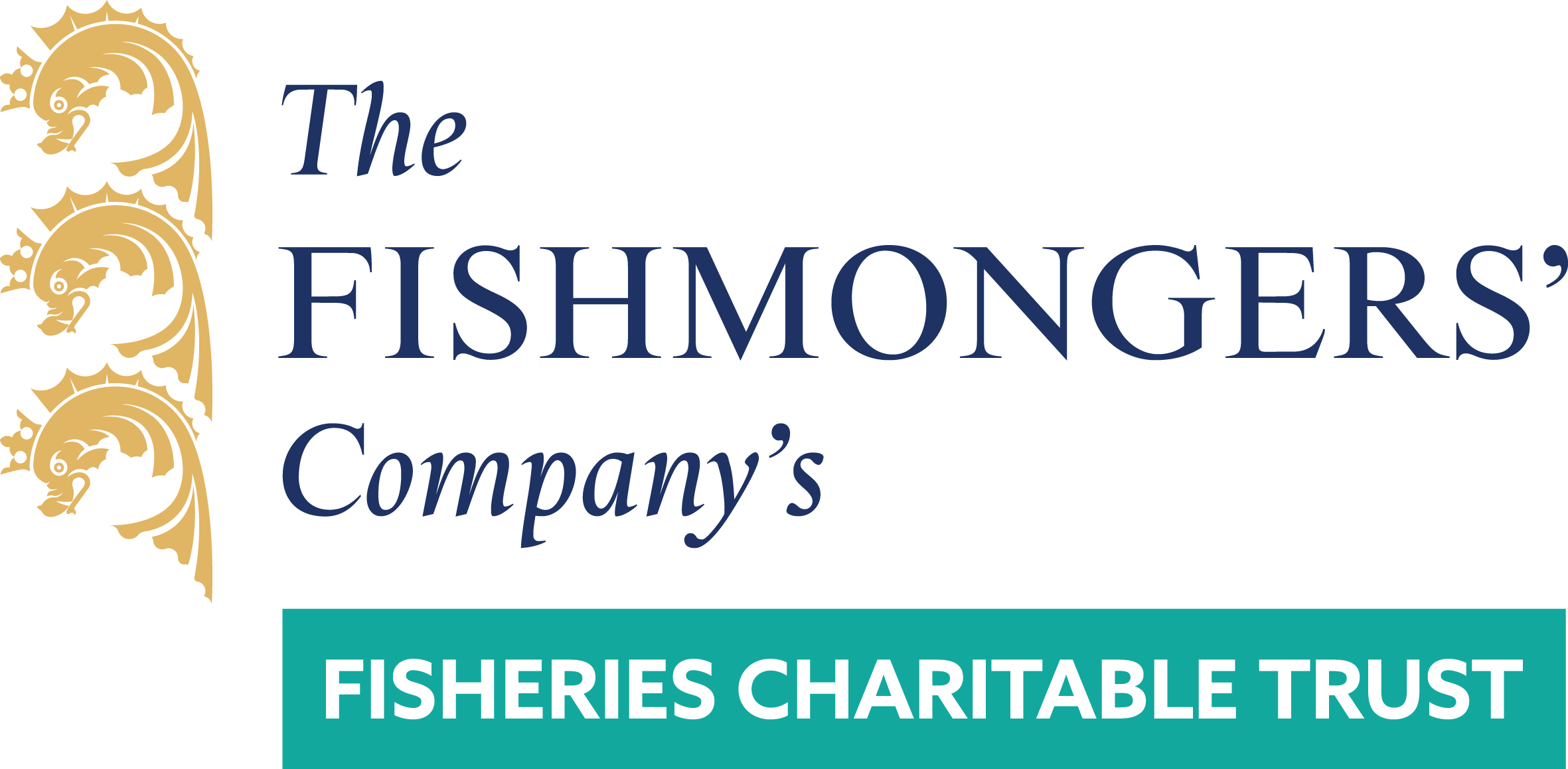Commercial vessels
bring stressors & risks
to an undisturbed ecosystem
As the floating ice-reef recedes and creates a newly accessible ocean, the biodiversity within the Arctic Ocean, already challenged by stressors resulting from the impacts of human greenhouse gas emissions, now faces the introduction of direct impacts from surface vessel activity.
The most biologically active layer of these waters (the uppermost) is warming and acidifying faster than anywhere on Earth – and the consequent environmental stressors on, and risks to, species are further intensified by the Arctic Amplification Effect.
The direct impacts, stressors and risks posed by vessels involved in commercial fishing, transboundary cargo shipping, and deep-sea hydrocarbon and mineral exploration/extraction put at heightened risk the sustainability of the Arctic Ocean’s biodiversity and its associated global ecosystem services which include air purification, genetic resources, seafood production and carbon sequestration.







